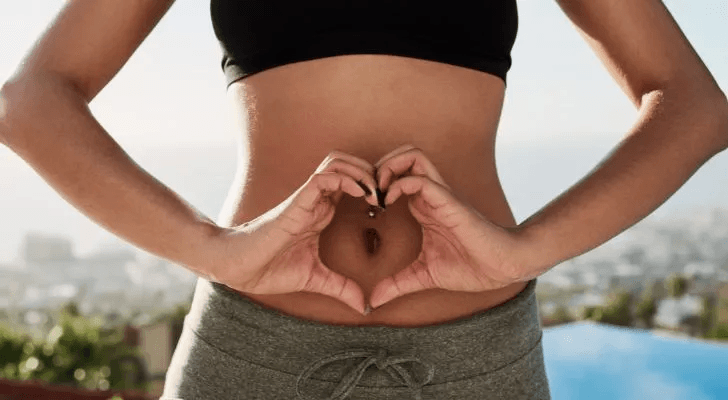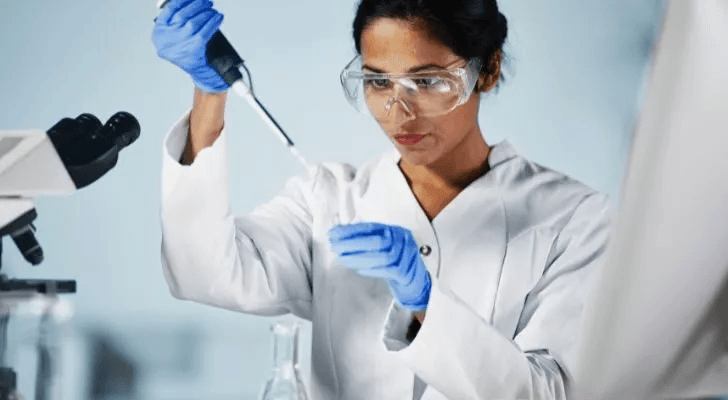
What Happens To Our Bodies When We Fall In Love?
- Heath & Body

If you’ve ever fallen in love, you’re familiar with the signs. The euphoria, pounding chest, and butterflies in your tummy all say you’ve got the love bug.
Generally, love is seen as a matter of the heart. But the truth is that it can do many things to other parts of your body behind the scenes. For a start, all begins with complex chemical reactions taking place in the brain.
For the hopeless romantics and anyone else itching to figure out how love works, keep reading. The following sections will unravel this mystery of love, explain how it matures with time, and explore nonromantic love.
What’s the science behind love and attraction?

As surprising as it sounds, the truth is that love begins in the brain. Tiny chemical messengers released by neurons are responsible for how we feel when in love.
Now, there are different hormones responsible for the various stages of love. According to scientists, love can be split into three levels: lust, attraction, and attachment, based on the chemicals responsible.
Lust comes first. It’s that initial superficial stage mediated by hormones associated with reproduction, testosterone in men and estrogen in women. This is just the basic natural desire of humans to couple up and reproduce at work.
The next phase is attraction, where things are starting to get more serious. You’re smitten and don’t want to let go. This phase goes beyond primal instinct; two other hormones are typically responsible.
First is adrenaline, the hormone responsible for alertness. It’s why your heart pounds and your palms get sweaty each time you see your crush. Dopamine, the reward hormone, also gets involved to keep you coming back for more.
The final phase is attachment, where you transition to planning a life together. The main hormone for this phase is oxytocin, the cuddle hormone.
How does your body change when you fall in love?

We now know how the brain and its chemicals are responsible for the feeling of love, but it doesn’t stop there. These hormones are released into the bloodstream, triggering changes in other distant organs.
A great example is how your heart races and your palms sweat in response to the fight-or-flight hormone, adrenaline.
These changes get to your eyes as your pupils widen when you look at your love interest. As a bonus, seeing their face makes you feel good by stimulating your brain’s pleasure centers.
When you chat with your significant other, your voice can also sound different and is usually a higher pitch.
However, not all the changes in your body when you’re in love feel good. That jarring feeling you get in your stomach when you’re away from your partner is a great example, as this is brought on by increased stress responses.
Happy love is great for your health in the long term. Scientists have found that love could help relieve chronic pain, promote strong bones, and support a healthier life.
Conversely, if the love goes sour, it can cause a literal broken heart. This is a legit medical condition called stress-induced cardiomyopathy with symptoms just like a heart attack. And while it may go away on its own, this condition could deteriorate with severe complications.
How does romantic love change over time?

News flash: the days of intense, heart-pounding love won’t last forever. Things will change as time passes, but that doesn’t mean you’re any less in love.
Think of it more like evolution because true love, like great wine, only improves with age.
The early phase is when the passion burns the hottest. The feelings appear to be at their peak, called the honeymoon phase. Stress hormones and a cocktail of other messengers, from adrenaline to dopamine, direct these burning emotions.
As time passes, the fire of love matures and progresses to the slow-burning phase. This comes after facing multiple life hurdles and challenges and overcoming the storm.
Slow-burning love is compassionate love. Here, you get to know your partner and understand their personality better. And although it feels a bit different from the passionate honeymoon phase, it’s not any less real.
Chemicals, just a different kind, still regulate mature love. At this point, the stress hormones have generally returned to normal levels, but the pleasure centers in the brain remain active.
How is platonic love different from romantic love?

Platonic love is what we feel for family and close friends. Of course, your love for friends, family, and even your pets differs significantly from that of a lover. But it’s not necessarily a watered-down form of romantic love but a distinct platonic yet deep and meaningful emotion.
Truth be told, there are some similarities between romantic and platonic love. Both involve caring deeply about a person. The hugging hormone, oxytocin, comes into play in both cases, and you also get better mental and physical health.
Love can take various forms, romantic or platonic, but at the end of the day, it’s still love.
Either way, love changes how your body functions, starting with releasing special messengers in the brain.
Most importantly, though, you can’t reduce everything about love down to a series of chemical reactions.
After all, love is a deep, complex emotion influenced by personal experiences, and everyone experiences it differently

